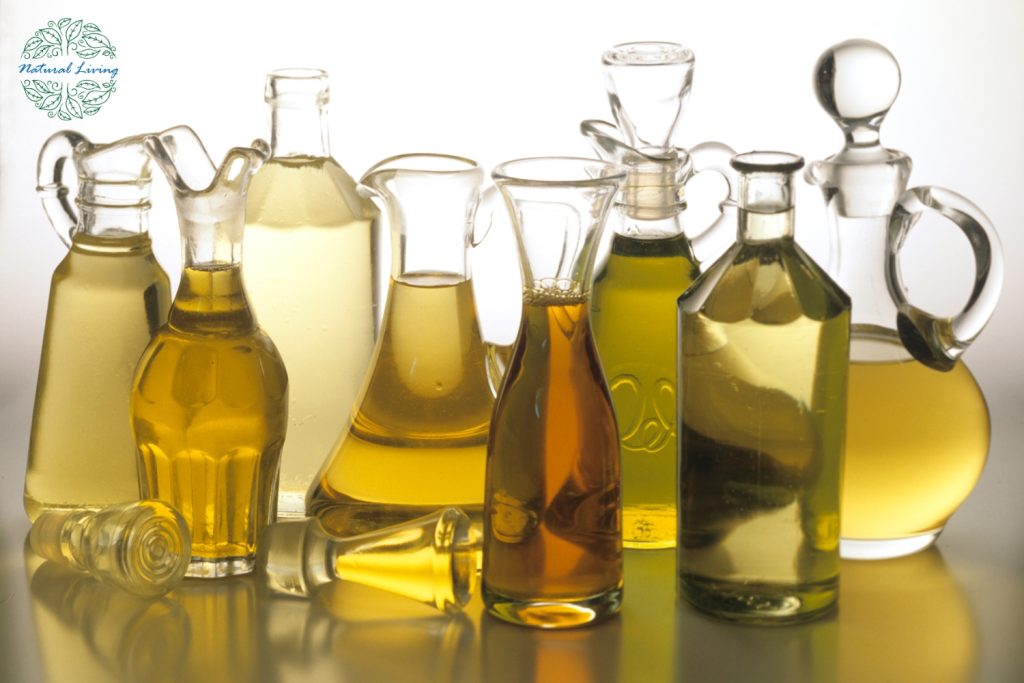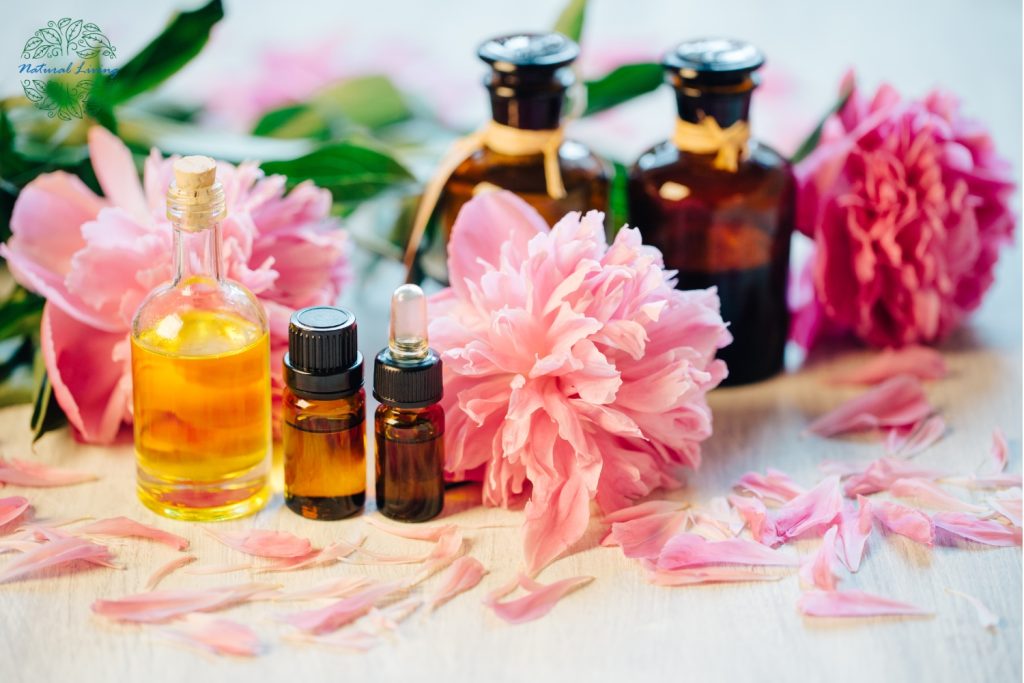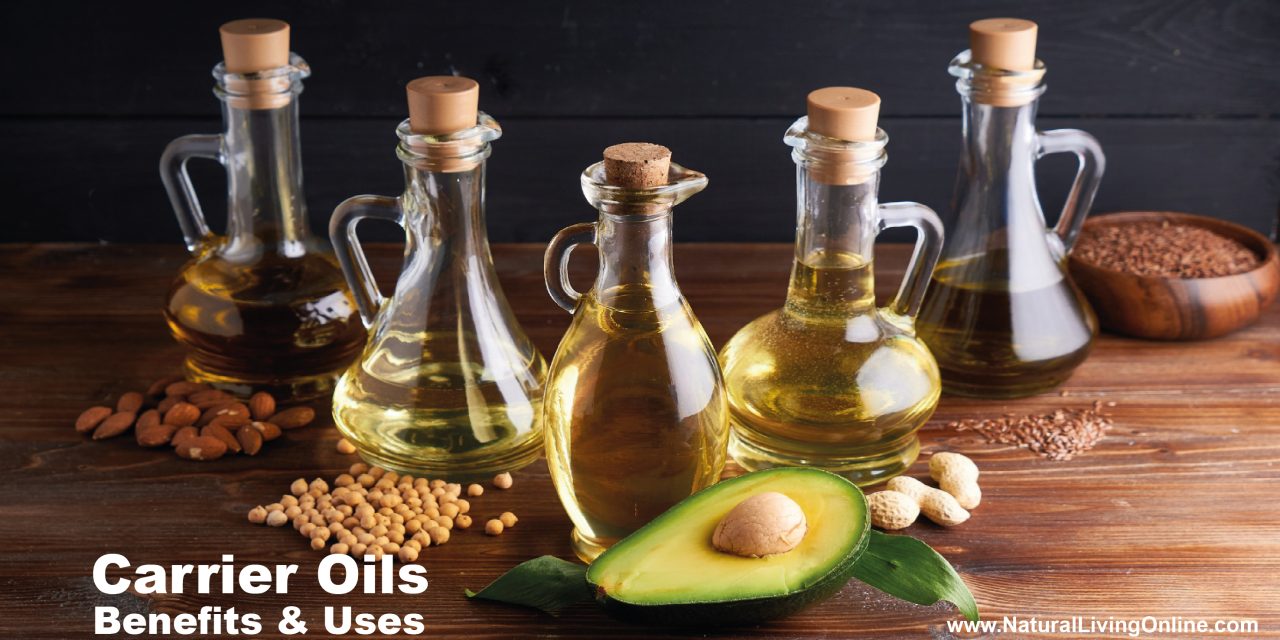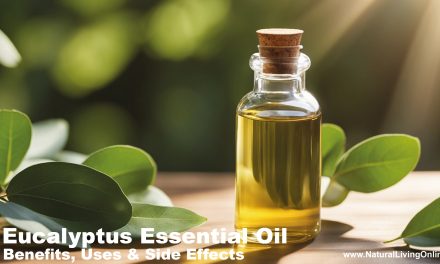Carrier oils play a crucial role in the practice of aromatherapy and the application of essential oils. Unlike essential oils, which are concentrated and can cause irritation if applied directly to the skin, carrier oils are used to dilute these potent extracts and facilitate their safe use. Derived from the fatty portions of plants, such as seeds, kernels, and nuts, carrier oils do not typically have a strong aroma and do not evaporate like essential oils. This allows them to act as a vehicle to carry and apply essential oils topically, while also providing moisturizing and therapeutic properties of their own.
Understanding the various types of carrier oils, their benefits, and how they can be used with essential oils is key for anyone interested in natural skincare or holistic health practices. Each carrier oil comes with its unique properties, absorbing rates, and nutrient profiles, making some oils more suited for certain skin types and therapeutic uses than others. Whether one is looking to soothe sensitive skin, provide deep hydration, or enhance the therapeutic effects of essential oils, there is a carrier oil to meet the need. Knowledge of carrier oils will also guide users in selecting the right oil for their specific purpose, ensuring both efficacy and safety in their essential oil endeavors.
Key Takeaways
- Carrier oils dilute essential oils to enable safe topical application.
- Various carrier oils offer distinct benefits and are suitable for different skin types.
- Selection of the appropriate carrier oil enhances the effectiveness of essential oil use.
Types of Carrier Oils
Carrier oils are used to dilute essential oils and help “carry” them into the skin. Each carrier oil offers a different combination of therapeutic properties and characteristics. The choice of carrier oil can depend on the therapeutic benefit being sought.
Coconut Oil
Coconut oil is highly regarded for its long shelf life and moisturizing properties. It solidifies at room temperature and contains medium-chain triglycerides, which are absorbed readily by the skin. This oil is excellent for dry, itchy, or sensitive skin, providing a soothing barrier without clogging pores.
Jojoba Oil
Jojoba oil is actually a wax with powerful moisturizing properties. It closely mimics the skin’s natural oils, making it an ideal choice for balancing oil production, particularly in oily or acne-prone skin. Jojoba oil is also known for its ability to promote a glowing complexion.
Avocado Oil
Rich in vitamins A, D, and E, as well as lecithin and potassium, avocado oil is a heavy, thick oil that is best suited for particularly dry or mature skin. Its deeply penetrating effect provides intense moisture and improves skin elasticity.
Almond Oil
Sweet almond oil is a versatile carrier oil that is suitable for all skin types, but especially good for dry or irritated skin. It is light and easily absorbable, making it a favorite for massage therapists and in skincare products for its softening and nourishing effects.
Argan Oil
Argan oil, produced from the kernels of the argan tree, contains antioxidants, vitamin E, and essential fatty acids. It is particularly nourishing for the skin and hair, making it a popular cosmetic choice for its ability to condition and minimize signs of aging.
Grapeseed Oil
Grapeseed oil is a light, non-greasy carrier oil with astringent properties, making it especially beneficial for oily or acne-prone skin. Due to its high content of linoleic acid, an omega-6 fatty acid, it helps in improving skin tone and reducing signs of aging.
Apricot Kernel Oil
Apricot kernel oil is obtained from the seeds of apricots. It is a lightweight oil that’s easily absorbed by the skin, without leaving a greasy residue. This oil is especially gentle and rich in vitamins A and E, making it suitable for sensitive, inflamed, or mature skin.
Benefits of Carrier Oils

Carrier oils play a pivotal role in the application and effectiveness of essential oils. They are remarkable for their ability to dilute potent essential oils for topical use, enhancing their absorption into the skin while providing their own therapeutic benefits.
For Skin Care
Carrier oils are cherished for their emollient qualities, which help to soften and soothe the skin. Many of them have anti-inflammatory and antioxidant properties that promote skin health. For instance, jojoba oil closely mimics the skin’s natural oils, making it an excellent moisturizing agent, while rosehip oil, known for its high vitamin C content, aids in skin regeneration and improves skin flexibility.
- Nourishing: They deliver vital nutrients to maintain skin health.
- Softening: Their emollient nature helps in keeping the skin supple.
For Hair Care
When it comes to hair, carrier oils can nourish the scalp and strands. Coconut oil, for example, penetrates deeply due to its low molecular weight and is able to condition and protect hair follicles. Argan oil is often used for its high vitamin E content, helping to add shine and tame frizz.
- Conditioning: Oils condition the hair, leaving it smooth and lustrous.
- Strength: They fortify the hair with vitamins, enhancing its strength and vitality.
For Aromatherapy and Massage

In aromatherapy and massage, carrier oils are essential as they allow for the safe application of essential oils on the skin. They also provide their own therapeutic properties, which can enhance the overall effect of the treatment. Sweet almond oil, widely used in massages, not only carries the essential oil blends but also improves skin elasticity due to its rich vitamin E content.
- Absorption: Facilitate better absorption of essential oils into the skin.
- Enhancement: Increase the efficacy of the essential oils’ therapeutic benefits.
Carrier oils are a cornerstone of natural topical treatments. They ensure that essential oils can be used safely and effectively while contributing crucial moisturizing, nourishing, and therapeutic properties to enhance both skin and hair care routines.
Using Carrier Oils with Essential Oils
Integrating carrier oils with essential oils is essential for safe topical application. The correct dilution of essential oils maximizes benefits while minimizing risks such as skin irritation.
Dilution and Application
Carrier oils are used to dilute essential oils before they are applied to the skin. The process of dilution not only makes essential oils safe for skin contact but also aids in spreading them across a larger surface area. When preparing a massage oil, a general guideline is to use 1 teaspoon (5ml) of carrier oil with 1-2 drops of essential oil, which typically creates a 2% dilution, suitable for most adults. However, for individuals with sensitive skin or for facial applications, a dilution as low as 1% is recommended.
To dilute essential oils for different purposes, the following ratios can be utilized:
- Adults: For body application, 2-3% dilution; for facial use, 1% dilution.
- Children and Elderly: 1% dilution for body application is advisable.
A practical example of this would be to use 6 drops of essential oil per ounce of carrier oil for a 1% dilution, or 12-18 drops for a 2-3% dilution.
Safety and Precautions
Safety is paramount when using essential oils, as they are highly concentrated plant extracts. Always conduct a patch test before using a new oil blend to ensure there is no allergic reaction or sensitivity. Undiluted essential oils should never be applied directly onto the skin, as they can cause severe irritation or reactions.
It is also crucial to use the right type of carrier oil based on individual skin types and the healing properties desired. For example, coconut oil is rich in saturated fats and can provide deep moisturization, making it a good choice for dry skin. Conversely, grapeseed oil is lightweight and may be better suited for those with oily skin. When using a new carrier oil, be attentive to how the skin reacts and adjust the type or ratio of the oil accordingly.
Using carrier oils with essential oils not only enhances the value and effectiveness of the essential oils but also ensures the safety and well-being of the user.
Properties and Composition

Carrier oils play a pivotal role in the delivery of essential oils to the skin, defined by their unique composition of fatty acids, nutrients, and extraction methods that determine their properties and benefits.
Fatty Acids and Nutrients
Carrier oils are rich in fatty acids which are the building blocks of fats. These fats serve not just as energy sources but as carriers for the essential oils, ensuring a uniform distribution on the skin. The composition of these fatty acids significantly influences the oil’s consistency and shelf-life. For instance, oils high in saturated fats tend to be more stable and have a longer shelf life. Conversely, oils rich in unsaturated fats, such as linoleic and oleic acids, are often more nourishing and have a more fluid consistency.
Many carrier oils are also a source of essential nutrients for the skin. Among these, vitamin E stands out owing to its antioxidant properties which can help in protecting the skin from environmental stressors. Essential fatty acids, like omega-3 and omega-6, are critical as the human body cannot synthesize them; they must be obtained through diet or skin application. These acids are known for their moisturizing and anti-inflammatory properties.
Extraction Methods
The extraction method used to obtain carrier oils is critical in determining the oil’s purity, nutrient content, and therapeutic value. Most high-quality carrier oils are cold-pressed; a process in which the oil is mechanically pressed from the plant matter at low temperatures. This method ensures that the antioxidants and beneficial compounds are not degraded by heat. For instance, cold-pressed avocado oil retains more of its nutrient-rich profile — including monounsaturated fats, vitamin E, and antioxidants — compared to those extracted using heat or chemical methods.
Another common extraction method involves the use of solvents but this can result in the loss of some therapeutic properties as well as potential contamination with solvent residues. Therefore, cold-pressed and unrefined oils are generally preferred for their purity and higher quality.
Choosing the Right Carrier Oil
When selecting a carrier oil for essential oils, consider the oil’s properties in relation to desired skin care and hair care outcomes. Carrier oils serve as a base to dilute essential oils before topical application, since essential oils are too potent to be used alone.
For Skin Care: Grapeseed oil is often chosen for its light consistency that doesn’t leave a greasy feel, absorbing quickly into the skin. This makes it ideal for individuals with oily skin as it does not exacerbate sebum production. Those with a sensitive complexion may opt for jojoba oil, which closely mimics the skin’s natural oils, hence reducing the chance of irritation.
| Skin Type | Recommended Carrier Oils |
|---|---|
| Oily | Grapeseed, Jojoba |
| Dry | Avocado, Sweet Almond |
| Sensitive | Jojoba, Argan |
For Hair Care: To maintain a smooth texture and condition the hair, one can utilize coconut oil or argan oil. These oils provide moisture, enhancing the hair’s natural sheen and softness.
Personalizing Mixtures: One’s own needs and preferences should dictate the blend. Adding moisturizers to carrier oils can further enrich the applications, especially for dry or mature skin.
Using carrier oils that align with individual needs ensures the benefits of essential oils without overwhelming the skin or hair. By considering skin type, sensitivity, and desired outcomes, the right carrier oil can significantly enhance the effectiveness and sensory experience of essential oils.
Frequently Asked Questions
How do I select a carrier oil that complements my essential oil blend?
When selecting a carrier oil to complement an essential oil blend, consider the oil’s aroma, absorption rate, and skin type compatibility. Lightweight oils like grape seed oil are neutral and versatile, making them suitable for blending with various essential oils.
What carrier oils are most effective for use with diffusers?
For diffusers, the effectiveness of carrier oils is not a primary concern as they are generally not recommended for use in such devices. Diffusers are designed for essential oils, which are volatile and disperse into the air readily, unlike carrier oils.
Can you provide a comparison of carrier oils regarding skin benefits?
Various carrier oils offer distinct skin benefits; for example, jojoba oil is highly moisturizing and similar to human sebum, while coconut oil provides deep hydration and may have antimicrobial properties. Each oil brings unique advantages such as vitamin content or fatty acid profiles.
What are the top carrier oils recommended for hair care?
For hair care, oils like argan and coconut are highly recommended due to their ability to nourish the scalp and strengthen hair. Almond oil, rich in proteins and vitamins, is also favored for promoting softer and stronger hair.
Which carrier oils are known for their anti-inflammatory properties?
Carrier oils like evening primrose, borage, and black cumin seed oil are known for their anti-inflammatory properties. These can be helpful for conditions like eczema or psoriasis when used as part of a therapeutic blend.
How does the choice of carrier oil impact the potency of essential oils?
The choice of carrier oil can influence the absorption rate of essential oils. For instance, heavier oils may slow down absorption, allowing the essential oil to remain on the skin longer. This can be beneficial for prolonged therapeutic effects.
References:
The Influence of Carrier Oils on the Antimicrobial Activity and Cytotoxicity of Essential Oils
The use of carrier oils in aromatherapy massage and their effect on skin
Aroma Compounds of Carrier Oils
This website does not provide medical advice.
All information provided on this website, and on associated social media networks, including but not limited to texts, images, and numbers are for general information purpose only. It is not intended as medical advice and it does not include all possible precautions, side effects, or interactions that may occur. Neither NaturalLivingOnline.com nor its author/founder take responsibility for how you use this information. Statements contained on NaturalLivingOnline.com have not been evaluated by the FDA. You should conduct thorough research via multiple sources and consult your physician or qualified doctor before using any essential oil or herbal remedy. Information on NaturalLivingOnline.com must not be relied upon for medical, legal, financial or other decisions.













